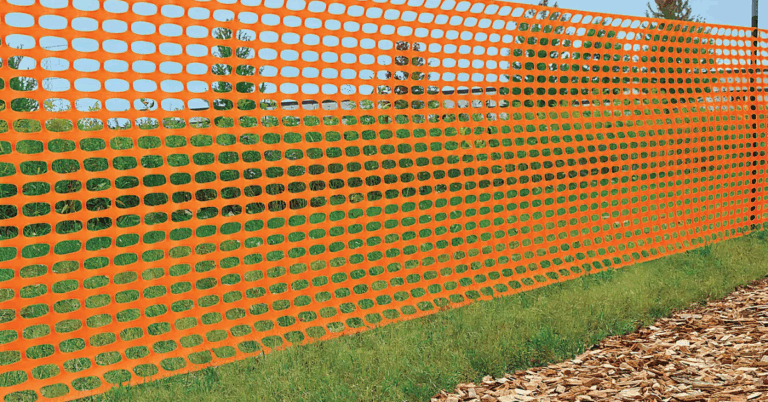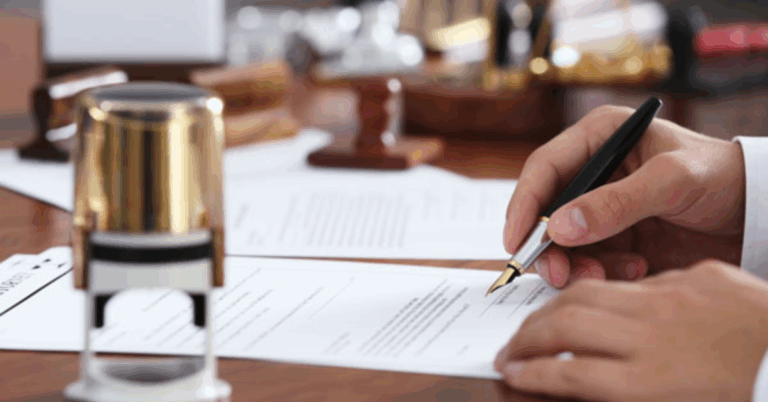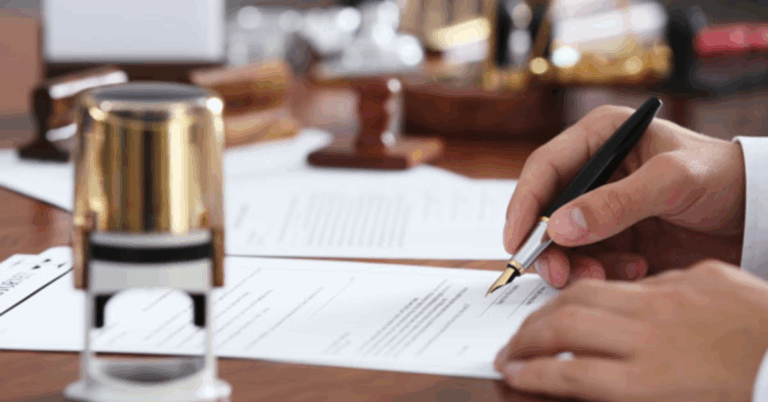Apostille US: Your Complete Guide to U.S. Apostille Services by Rais Apostille
Apostille US: If you’re preparing to use a U.S. document overseas, you’ve probably heard of the term “apostille.” It’s a vital form of document legalization recognized by over 100 countries, and without it, your paperwork may not be accepted abroad.
In this guide, we’ll break down everything you need to know about the Apostille process in the United States, who needs it, what documents qualify, and how Rais Apostille Services can help you get it done quickly and accurately—no matter where you are.
What Is an Apostille?
An apostille is an official certificate issued by a competent authority that authenticates a public document for use in another country that is part of the 1961 Hague Apostille Convention.
Think of it as an international notary seal. It certifies that the document’s signature, seal, or stamp is valid and that the document was issued by an official body in the United States.
What Is the Purpose of an Apostille in the U.S.?
The main purpose of an apostille is to simplify international document recognition. Rather than requiring consular legalization (a complex, multi-step process), an apostille allows for faster, standardized document authentication between Hague Convention countries.
When a U.S. document has an apostille, foreign authorities can trust its legitimacy without further verification.
Who Issues Apostilles in the United States?
In the U.S., apostilles are issued by different authorities depending on the type of document:
✅ State-Level Documents
Documents such as birth certificates, marriage certificates, notarized affidavits, diplomas, and powers of attorney are typically apostilled by the Secretary of State in the state where the document was issued.
✅ Federal-Level Documents
Documents issued by federal agencies (e.g., FBI background checks, IRS documents, FDA certificates) are apostilled by the U.S. Department of State – Office of Authentications in Washington, D.C.
Which Countries Accept Apostilles?
Apostilles are accepted in countries that are members of the Hague Apostille Convention. Some examples include:
-
France
-
Germany
-
United Kingdom
-
Italy
-
India
-
Mexico
-
South Korea
-
Japan
-
Australia
-
Spain
-
Netherlands
Note: Countries not part of the Hague Convention—such as Canada, China, UAE, Qatar, and Egypt—require embassy or consular legalization instead.
When Do You Need an Apostille for U.S. Documents?
You may need an apostille when submitting U.S. documents to foreign institutions, organizations, or government agencies. Common situations include:
1. Visa or Immigration Applications
Foreign embassies often require apostilled birth certificates, marriage certificates, or police clearances as part of immigration paperwork.
2. Overseas Marriage or Divorce
Planning to get married abroad or register a divorce overseas? Apostilled documents are typically a requirement.
3. International Business
Doing business in another country? You may need to apostille documents like articles of incorporation, commercial invoices, or power of attorney.
4. Foreign Education
Many international schools and universities require apostilled diplomas, transcripts, or enrollment letters.
5. Dual Citizenship or Inheritance
Countries offering citizenship by descent often request apostilled birth or marriage records as proof of lineage.
What Documents Can Be Apostilled in the US?
Common types of documents eligible for apostille include:
-
Birth Certificates
-
Marriage Certificates
-
Death Certificates
-
Divorce Decrees
-
FBI Background Checks
-
Notarized Power of Attorney
-
School Transcripts and Diplomas
-
Adoption Papers
-
Passport Copies (Notarized)
-
Corporate Documents
Step-by-Step Process: How to Get an Apostille in the U.S.
Here’s how the U.S. apostille process works, whether you do it yourself or use a service like Rais Apostille Services.
Step 1: Identify Document Type
Is your document state-issued (like a birth certificate) or federal (like an FBI report)? This determines where it should be apostilled.
Step 2: Ensure Proper Certification
-
For state documents, it must be a certified or notarized copy.
-
For federal documents, it must come from an authorized U.S. federal agency.
Step 3: Submit to Competent Authority
-
Submit state documents to the Secretary of State’s office in the issuing state.
-
Submit federal documents to the U.S. Department of State in D.C.
Step 4: Receive Your Apostilled Document
After verification, the authority affixes the apostille certificate and returns your document. This apostille makes it legally valid in all Hague Convention countries.
How Long Does It Take to Get an Apostille in the U.S.?
Processing times vary depending on the issuing authority:
-
State Apostille: 3–15 business days (varies by state)
-
Federal Apostille (U.S. Department of State): 10–15 business days
-
Rais Apostille Services: Expedited processing available (1–3 days)
How Much Does a U.S. Apostille Cost?
Fees also vary depending on the state and type of document:
-
State Apostille Fees: $5–$25 per document
-
Federal Apostille Fee: $20 per document
-
Rais Apostille Services: Starting at $75, with expedited options and nationwide coverage
Why Choose Rais Apostille Services?
We simplify the complex U.S. apostille process with:
✅ Nationwide Document Coverage
We handle documents issued in all 50 U.S. states and federal agencies.
✅ Fast Turnaround Time
Need your documents quickly? We offer rush apostille services for urgent requests.
✅ Expert Guidance
Our team ensures your documents meet all legal and formatting requirements—reducing rejections and delays.
✅ Mail-in and Remote Service
No need to visit government offices—we handle everything remotely and return your apostilled documents safely.
Apostille US for Specific Documents
🟩 Birth Certificate Apostille (U.S.)
Used for visa applications, citizenship, or registering births abroad. Must be a certified copy issued by a state vital records office.
🟨 Marriage Certificate Apostille (U.S.)
Required for spousal visas, divorce filings abroad, and name change processes.
🟪 FBI Background Check Apostille
Frequently needed for foreign work visas or immigration. Must be obtained from the FBI and apostilled by the U.S. Department of State.
Common Mistakes to Avoid
-
Submitting a photocopy instead of a certified copy
-
Using a document with an expired notary or signature
-
Sending documents to the wrong state authority
-
Assuming all countries accept apostilles (check Hague status first)
Frequently Asked Questions (FAQ)
1. What is the difference between apostille and authentication in the US?
Apostille is for Hague Convention countries. Authentication involves embassy/consular legalization and is used when the destination country is not part of the Hague Convention.
2. Can Rais Apostille Services apostille documents from any U.S. state?
Yes, we handle documents from all 50 states and Washington, D.C.
3. Can I apostille a notarized document?
Yes, but the notary must be properly commissioned and the document must follow state-specific requirements.
4. Do apostilles expire?
No. Apostilles do not expire, but some institutions or countries may require documents to be issued within the last 3–6 months.
5. Can I apostille a U.S. document if I’m living abroad?
Absolutely! Rais Apostille Services offers remote apostille services for clients living anywhere in the world.
Final Thoughts: Apostille US Made Easy
Getting an apostille in the U.S. doesn’t have to be confusing or time-consuming. Whether you’re dealing with international travel, education, business, or legal matters, Rais Apostille Services ensures your documents are properly authenticated—fast and hassle-free.







